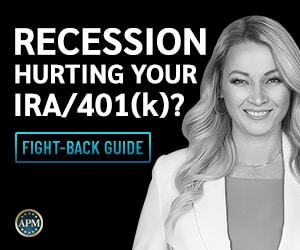Table of Contents
What is Re-trading?
When the price to purchase an item, whether it is a business, real estate, or any other asset, is negotiated again after agreeing to an initial price of that item to buy it at a bit lower price than earlier, then it is known as Re-trading. In general, Re-trading is the practice of renegotiating the deal price and modifying the previously agreed purchase price.
Retrade commercial real estate
A Re-trade commercial real estate implies the practice of renegotiating the purchase price of real property by the buyer after initially agreeing to purchase at a higher price.
How Re-trading happens?
Normally, re-trading is carried out during due diligence when the buyer owns the property under a contract, and it is performed very carefully during this period. While Re-trading, the buyer raises certain issues carefully, without taking any offensive steps, to adjust the same property’s purchase price at a bit lower level. In such a condition, the seller’s situation becomes awkward as he has to sell his property at a reduced price or cancel the deal and put that property again for sale in the market. Furthermore, several items related to that transaction, like exchange tax on the sale, will be affected by the sale price loss. In this way, the seller of that property will be compelled to sell it at a lower price to avoid the fluctuations and save the changes in the transactions related to that sale.
The information provided in this write-up will help you to know what is Re-trading more precisely.
How Re-trading works?
The buyer of a property is offered a period of due diligence so that he can investigate the worthiness of all warranties, claims, and representations made by the seller very carefully. In this situation, the buyers’ claim for certain adjustments can be justified when he finds that some of the deal’s fundamentals are not found accordingly when they were scrutinized during the period of due diligence. In some cases, the buyers use some influence to lower its price to some extent. They usually want to reduce that property’s price even if they fail to find something considerably objectionable by Re-trading it.
Misuse of Re-trading
Some buyers had commonly misused this term intentionally during due diligence when the real estate market is in trouble, as experienced in the late 2000s when the Great recession was experienced. Initially, they used to offer a price of the property higher than they intended to pay to get control of that asset and negotiate its price again after the period of due diligence is over. This strategy victimized the sellers desperately and reduced the number of purchases in the real estate market.
To discourage the Re-trading buyers and this practice, some of the urban sellers have adopted declining to negotiate that property price again. Then again, some buyers strictly followed the policy of no retrade to distinguish them from others while buying or selling a property. They support their strategy by doing the investigations done during due diligence instead of demanding a reduction in the purchase price at the last minute.
























